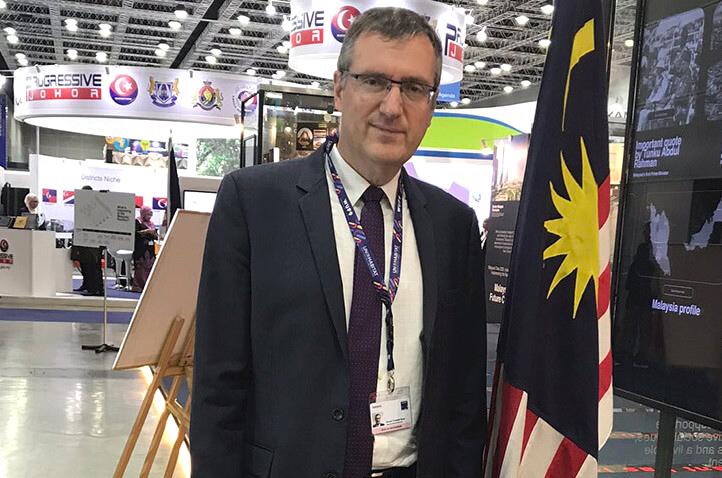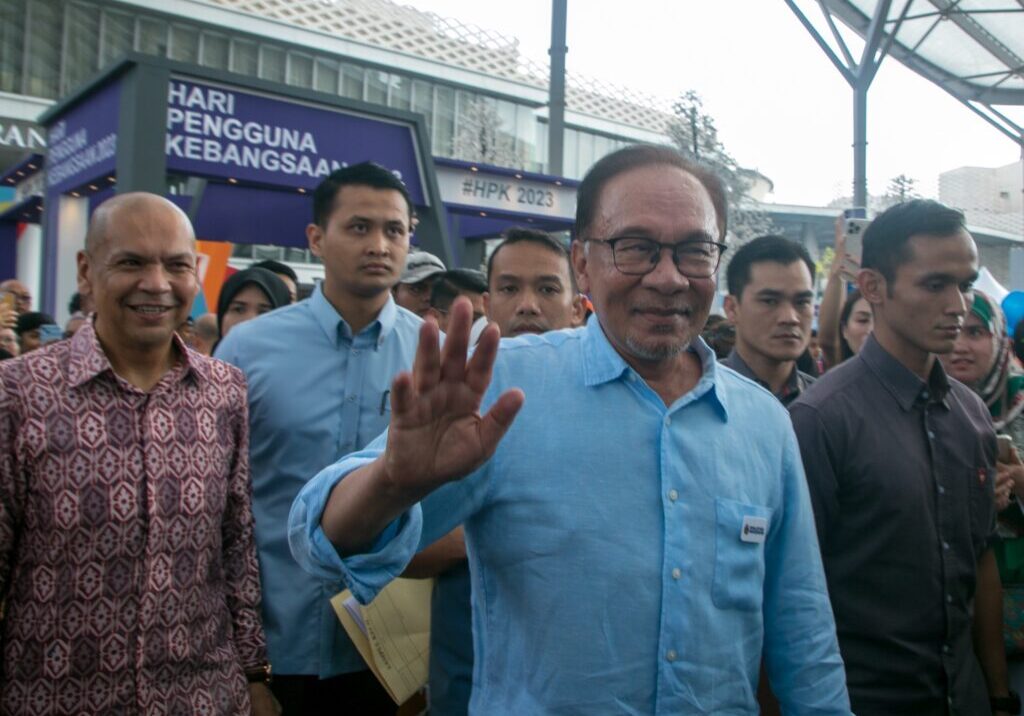Australia/Israel Review
Asia Watch: Being There
Mar 6, 2018 | Michael Shannon

A small contingent of Israeli officials attended a conference in Malaysia, which has long retained a stiff anti-Israel posture. Post-visit, the Israelis spoke positively of the experience, with hopes for a thaw in relations; the Malaysians, not so much.
In a nutshell, that was the takeout from a senior-level Israeli delegation attending the World Urban Forum conference in Kuala Lumpur from Feb. 7 to13, hosted by the United Nations Human Settlements Program, known as UN-Habitat.
The Israeli delegation, described by the Times of Israel as a “first-of-its-kind visit”, was headed by David Roet, who has previously served as Israel’s deputy ambassador to the UN. Other delegation members included former Cabinet minister Ophir Pines-Paz and other senior Foreign Ministry officials. The group informally met Malaysian officials during the proceedings.
The first Israeli diplomat to visit the country since 1965, Roet posted a series of tweets with photos from the visit, expressing pride at having led the delegation to Kuala Lumpur, calling it a “unique experience for an Israeli diplomat to visit Malaysia.”
“I have great hopes for good relations between our two countries in the future,” Roet added, saying he found “many similarities between Israelis and Malaysians. A multifaceted society of people from different backgrounds working together for a better future.”
Upon his return, Roet admitted to the Jerusalem Post that Malaysia is a “very tough nut to crack,” and the Muslim-majority country is “not on its way to establishing ties with Israel.”
In fact, Israel had to mount a diplomatic campaign just to be included among the 165 countries represented at the conference, taking its case all the way to the office of UN Secretary-General Antonio Guterres. But in accepting the terms of hosting a UN-affiliated event, Malaysia was obliged to accept all member states.
This fact was readily conveyed by Malaysian officialdom. Foreign Minister Anifah Aman confirmed that, “The invitation to Israel, signed by the executive director of UN-Habitat, was in accordance to the Host Country Agreement signed between that organisation and Malaysia.”
Roet disclosed that in his meetings in Kuala Lumpur he stressed that Malaysia’s boycott of Israel does not serve the Palestinian cause, and “just distances Malaysia from having any influence.”
“Did I convince them? I can’t say that,” Roet said. “But this is a positive sign.”
The Israeli visit sparked discontent among several political parties and NGOs in the country, including protests from opposition parties PAS, former PM Mahathir’s Parti Pribumi Bersatu Malaysia and PAS-offshoot Parti Amanah Negara.
FM Anifah stressed that unlike the other letters of invitation, the invitation to Israel was not signed by any Malaysian official. “Therefore, the issue of Malaysia tacitly establishing links with Israel through the hosting of this forum does not arise. Our position on Israel remains unchanged. To imply otherwise is an indication of malicious and malignant intent,” he said.
In other words, nothing to see here. A discreet trade relationship continues, although you will not read about it in Malaysia’s foreign trade figures, which omit any mention of Israel. However, Israel’s Central Bureau of Statistics reveals that in 2015, trade between the two countries was some US$1.43 billion, although it dipped in 2016 to just under US$600 million. High-tech exports, chemicals, medical equipment and pharmaceuticals are among the goods sourced from Israel by Malaysian importers, according to the Times of Israel, with the largest component of that trade being computer chips transferred from Intel’s plants in Israel to its facilities in Malaysia.
Meanwhile, speculation mounts that Prime Minister Najib Razak has secured an unofficial alliance with the rural fundamentalist PAS (Parti Islam se-Malaysia). In past years PAS, with its power to pull rural Malay votes, was an integral part of the opposition coalition. But tensions flared repeatedly over PAS leader Abdul Hadi Awang’s insistence on pushing for Hudud, seventh-century Shariah law, including stoning for adulterers and amputation for thieves, to be administered in Kelantan, the only state that PAS holds.
Eventually PAS itself split in 2015, with only the moderate offshoot Amanah remaining with the opposition coalition. Najib has been wooing Hadi ever since, inviting him to the official podium at major events, rallies in support of the Palestinians and Rohingya, and recently indicating a readiness to bring forward a vote on Hudud.
One pay-off came when the parliamentary vote on the 2018 national budget last November went along party lines 107-59, with the conspicuous abstention of 11 PAS MPs.
Another may come in the national election, where PAS’s rural Malay base could be nullified as an electoral threat to Najib. Although PAS has steadily declined since its electoral high point of 27 members in 1999, its remaining die-hard constituency could well make the difference in a tight election. If so, PAS would be unlikely to resist an offer to push their pet causes from the government benches.






